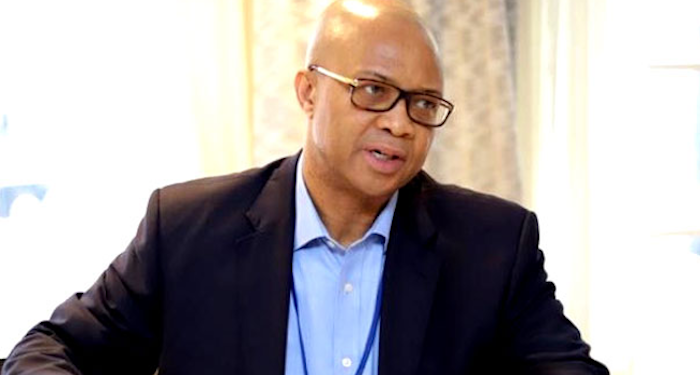The Director-General of the Budget Office of the Federation, Mr. Ben Akabueze, has stated that reducing budget expenses is not a viable option for Nigeria’s federal government. Speaking at the Lagos Chamber of Commerce and Industry’s 2024 Economic Outlook and Budget Analysis event, Akabueze emphasized that spending less is not currently feasible, considering that Nigeria’s public expenditure-to-GDP ratio is among the lowest on the continent. He highlighted the need for more efficient spending in certain areas but pointed out that cutting expenditure is not a practical solution.
Akabueze addressed the challenges posed by non-discretionary components of the budget, such as debt servicing and personnel costs, which limit the scope for spending less. He acknowledged that the country has been running a deficit budget for over two decades, primarily funded through debt, and stressed the importance of continuing with a deficit budget to maintain an adequate level of public expenditure.
The Director-General also discussed the sensitivity of considering debt rescheduling and the risks associated with reducing debt service, which accounts for almost a third of the budget. He emphasized the need to address public revenue challenges and enhance efficiency in spending to ensure sustainable economic growth.
In a related development, Mr. Taiwo Oyedele, Chairman of the Presidential Fiscal Policy and Tax Reforms Committee, estimated that over 90% of diaspora remittances to Nigeria do not reach the country in dollars or any other foreign currency. He highlighted the externalization of remittances and urged the government to address challenges related to exchange rates.
Additionally, Mr. Bismarck Rewane, CEO of Financial Derivatives Company, emphasized the importance of sending positive signals to the market, including transparency about the country’s net external reserves and improving the efficiency and transparency of the exchange rate market.
As Nigeria grapples with economic challenges, discussions at the event underscore the complexities involved in managing the budget, addressing debt sustainability, and implementing reforms to foster economic resilience and sustainability.


